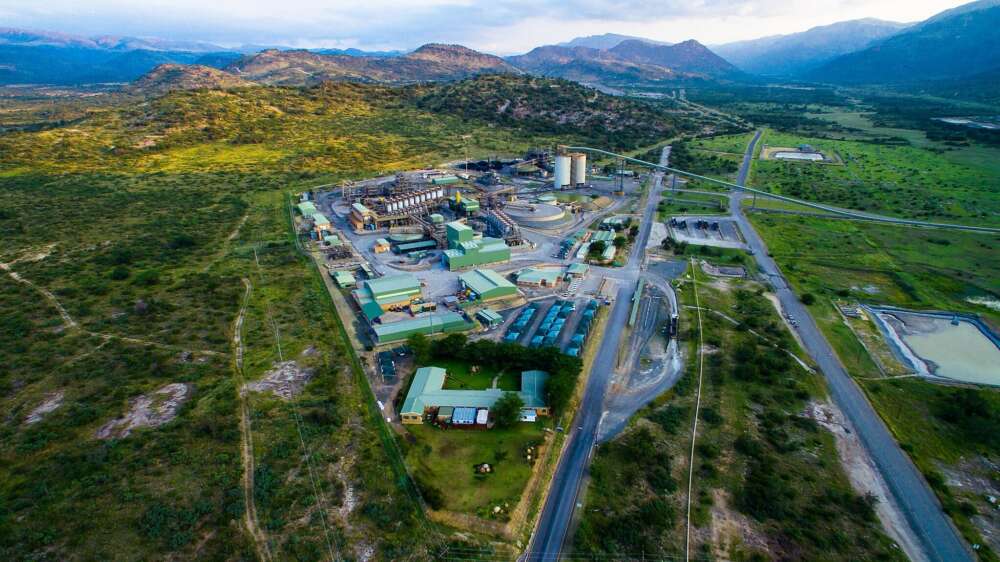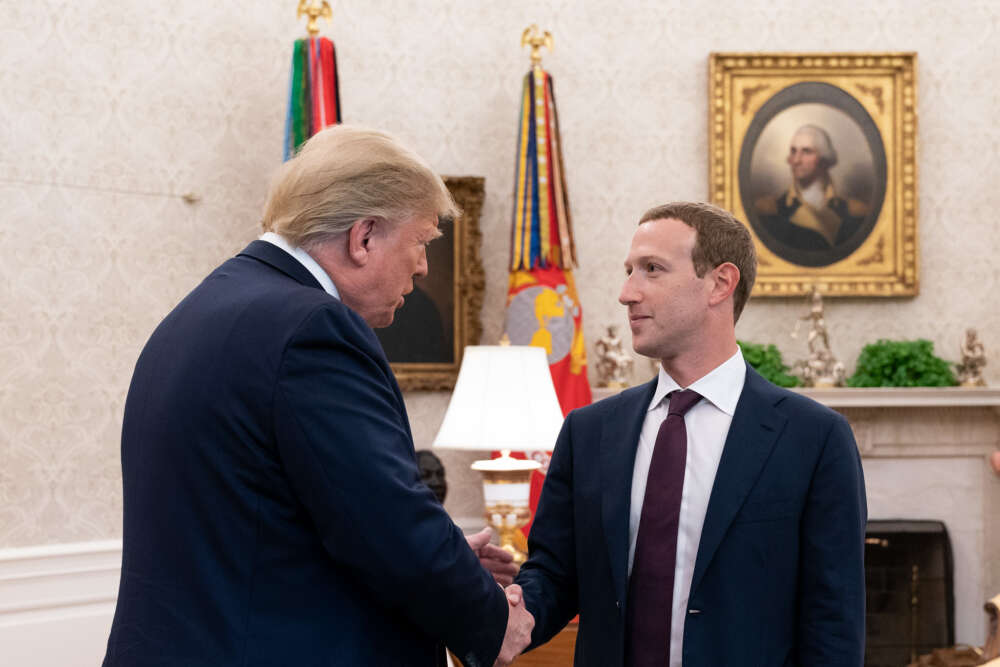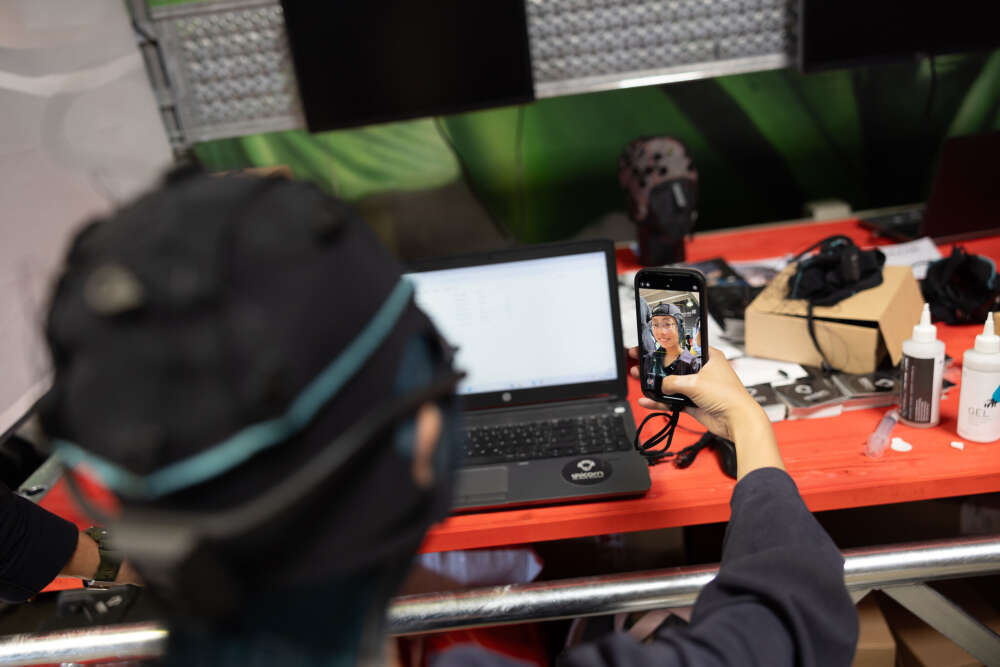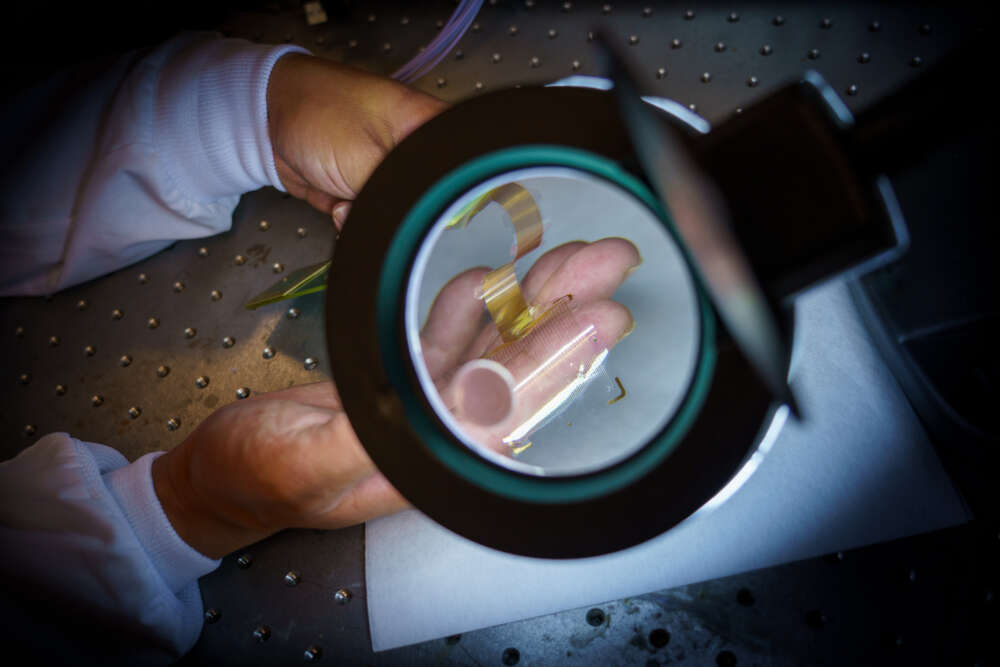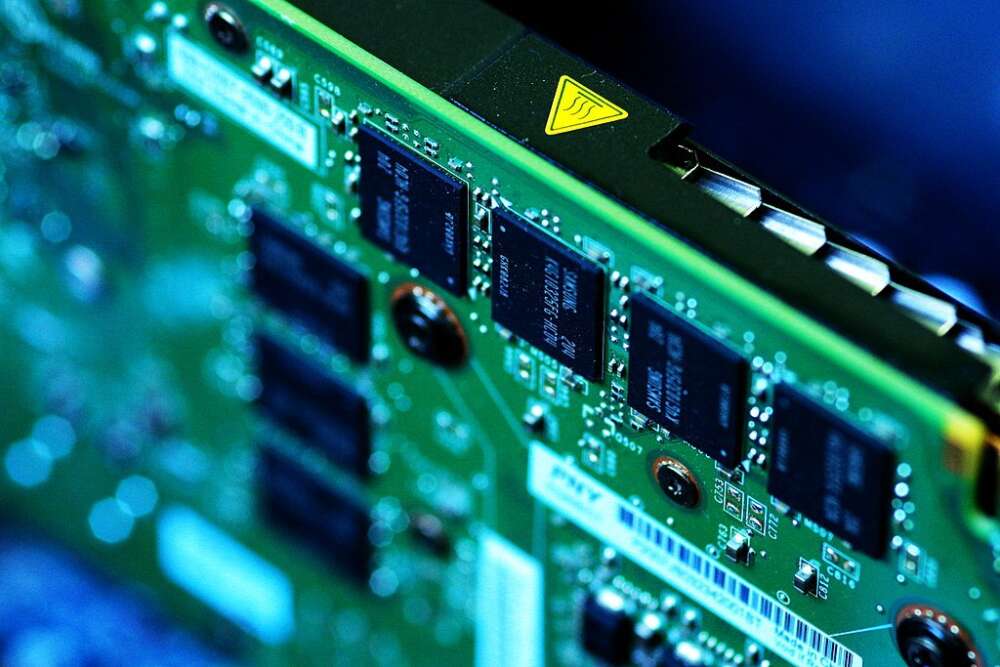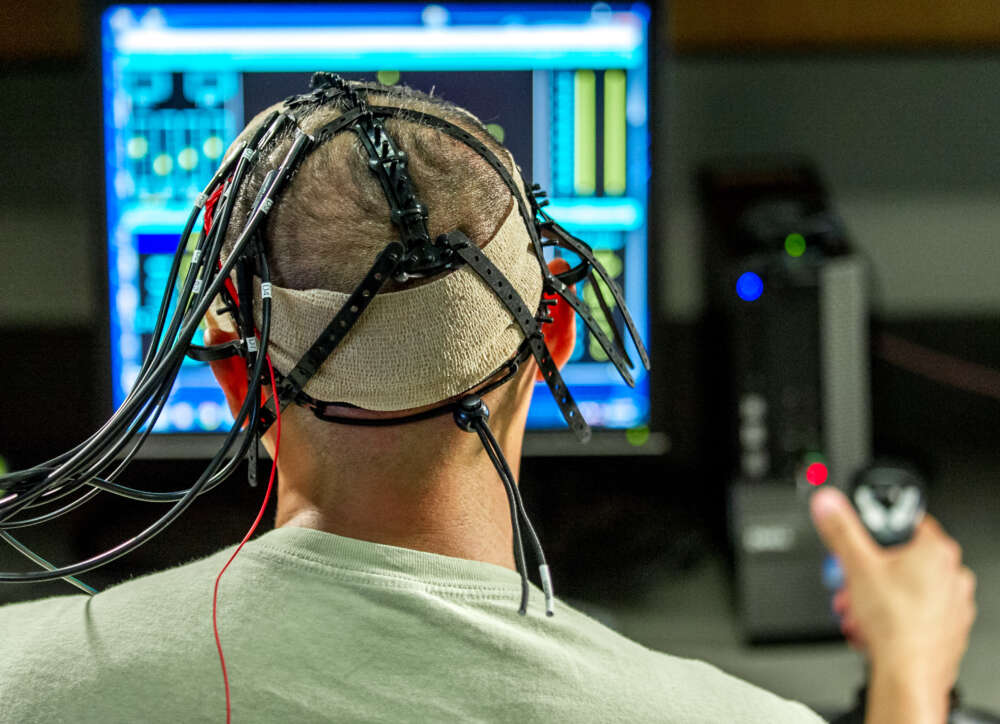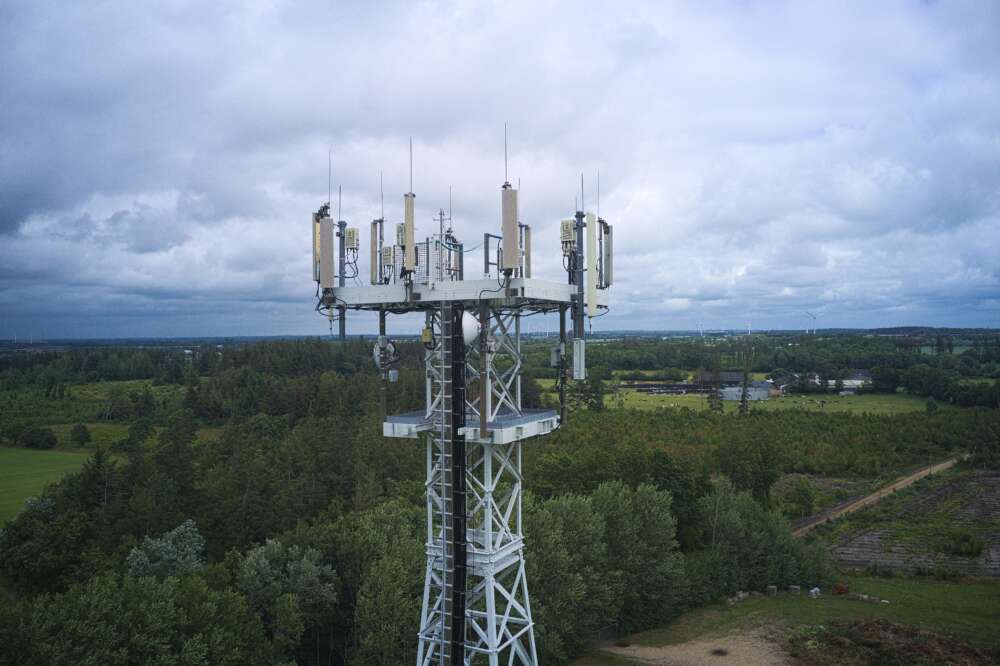Neurotechnology: Considerations for Foreign and Security Policy
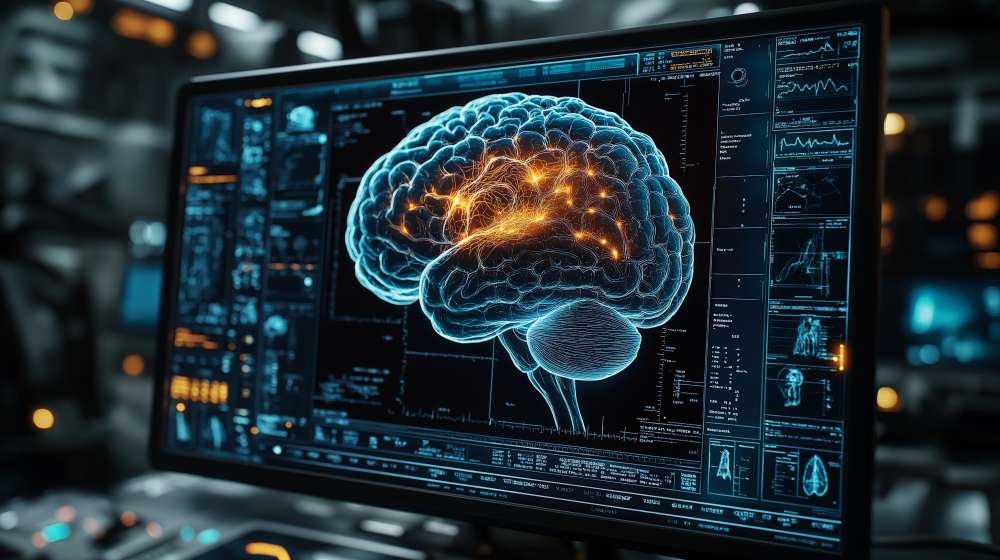
Project Team: Thorsten Benner, Jakob Hensing, Florian Klumpp
Funded by the German Federal Foreign Office
Duration: November 2024 - June 2025
The last few years have seen remarkable progress in brain-computer interfaces (BCIs) and related applications of neurotechnology. Experts believe that the field is at the cusp of a breakthrough in terms of widespread commercial use, in areas ranging from healthcare to communication and human performance enhancement.
Despite these rapid developments, the broader discourse on technology governance lags. To the extent that politicians and policymakers have engaged with neurotechnology at all, they have done so largely from an ethics standpoint and only in the abstract.
Many relevant actors do not yet have a substantial understanding of how neurotechnology might be used in practice and how different innovations relate to each other. What is more, the structure and dynamics of the global scientific and industrial ecosystem remain largely opaque outside the circles of researchers, entrepreneurs, investors, regulators, and other actors directly involved in it. This also applies to a country like Germany, despite its leading role in academic brain research and in the realm of high-quality neurotechnology patents, which gives the country an important stake in the matter.
This project aims to clarify the general contours of the field of neurotechnology and to highlight new perspectives: those of foreign and security policy. We will explore Germany’s related interests and priorities on the international stage and analyze how it can chart pathways toward an active and strategic position in the global neurotech ecosystem. The project will delve into topics such as international regulation, norms and standards, global partnerships (interfacing with domestic industrial and science policy), as well as potential security risks and measures against undesirable technology leakage. Across all these themes, we examine Germany’s options both as an independent player and as a member of the European Union.
For more information, please contact Jakob Hensing.
